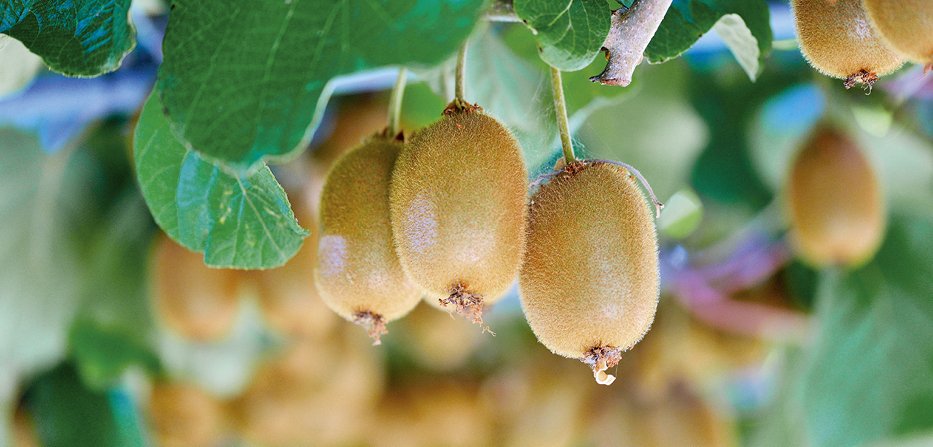The head of the country’s largest post-harvest kiwifruit operation and orchard business has welcomed the increase in the number of workers on the Recognised Seasonal Employment (RSE) scheme.

workers appreciated. Photo/supplied.
First started 11 years ago, the RSE scheme allowed 5000 workers from the Pacific Islands to work in in the horticultural sector on part-time picking and pruning work. That number has since swollen to 11,100 last year and is now due to increase by 1750 for this harvest season.
Seeka chief executive Michael Franks has welcomed the increase in worker numbers.
“We would have been 200-250 workers short last season, and it is quite likely we will be even shorter this year,” he said.
“We appreciate any increase in numbers, although it remains to be seen where all the workers will be allocated. But we are grateful for anything we get, and are working to bring more New Zealanders on board also.”
However, the industry is facing a tough task as New Zealand employment figures reach all-time highs, achieving a 68 percent participation rate for the September quarter, and with the 3.9 percent unemployment rate the lowest since the global financial crisis.
Bay of Plenty unemployment rates sit below the national average at 3.5 percent for the September quarter, down 1.2 percentage points, the second highest drop in the country.
New Zealand Kiwifruit Growers Incorporated chief executive Nikki Johnson said the Bay could expect to get an allocation of an additional 300 RSE workers, based on historic allocations.
“In 2018 the BOP received about 2000 RSE workers from the national total of 11,100. The additional RSE workers will contribute to alleviating the shortage, but the industry will still need to work hard to attract the rest of the workforce required.”
Last kiwifruit harvest, the sector was estimated to be about 500 workers short for the bumper 140 million tray harvest.
Green to Gold shift
The demands on the sector have changed with the shift in the ratio of SunGold to Green crop, with SunGold’s earlier harvest date requiring more timely, swift movement of the fruit from picking and throughout the processing chain to shipping.
The BOP has also had two key labour resources depleted in recent years, making the increase in RSE workers even more welcome. The supply of largely Indian students studying English on student visas has dried up after Immigration New Zealand tightened up on standards, while backpacker tourists have also proven to be thinner on the ground.
The loss of Indian students alone was estimated to be about 15 percent of the labour force for the 8000 positions usually available.

– Nikki Johnson
For this reason, in the past kiwifruit has not typically been a large user of RSE staff, with about 5000 New Zealanders filling the 8000 positions, 1000 coming from international students, with backpackers and RSE workers filling the remainder.
However, that need was anticipated to grow this coming season, as most locals obtain full time employment and crop volumes for SunGold are anticipated to grow by another 10 percent to about 57 million trays.
Mike Chapman, chief executive of Horticulture New Zealand, said it remained to be seen how the extra workers were to be allocated around the regions that needed them most, namely Otago, Nelson, Hawke’s Bay, Bay of Plenty and Northland.
“While kiwifruit and apples are the most sought after, we are seeing huge growth in demand for avocados and cherries, as well as some berries.”
The South Island has been struck particularly hard by shortages.
Chapman said there were virtually no New Zealanders available in the South Island during harvest.
Earlier this year the Bay of Plenty and Hawke’s Bay were declared labour shortage areas by the Ministry of Social Development during the apple and kiwifruit harvest.
While RSE workers would be welcome, Immigration Minister Iain Lees-Galloway said employers had three key responsibilities to deal with.
These included building more accommodation for workers to ease local accommodation pressure, taking greater responsibility for worker exploitation, and transforming horticulture from a low cost industry to one based on quality, productivity and high value.


















